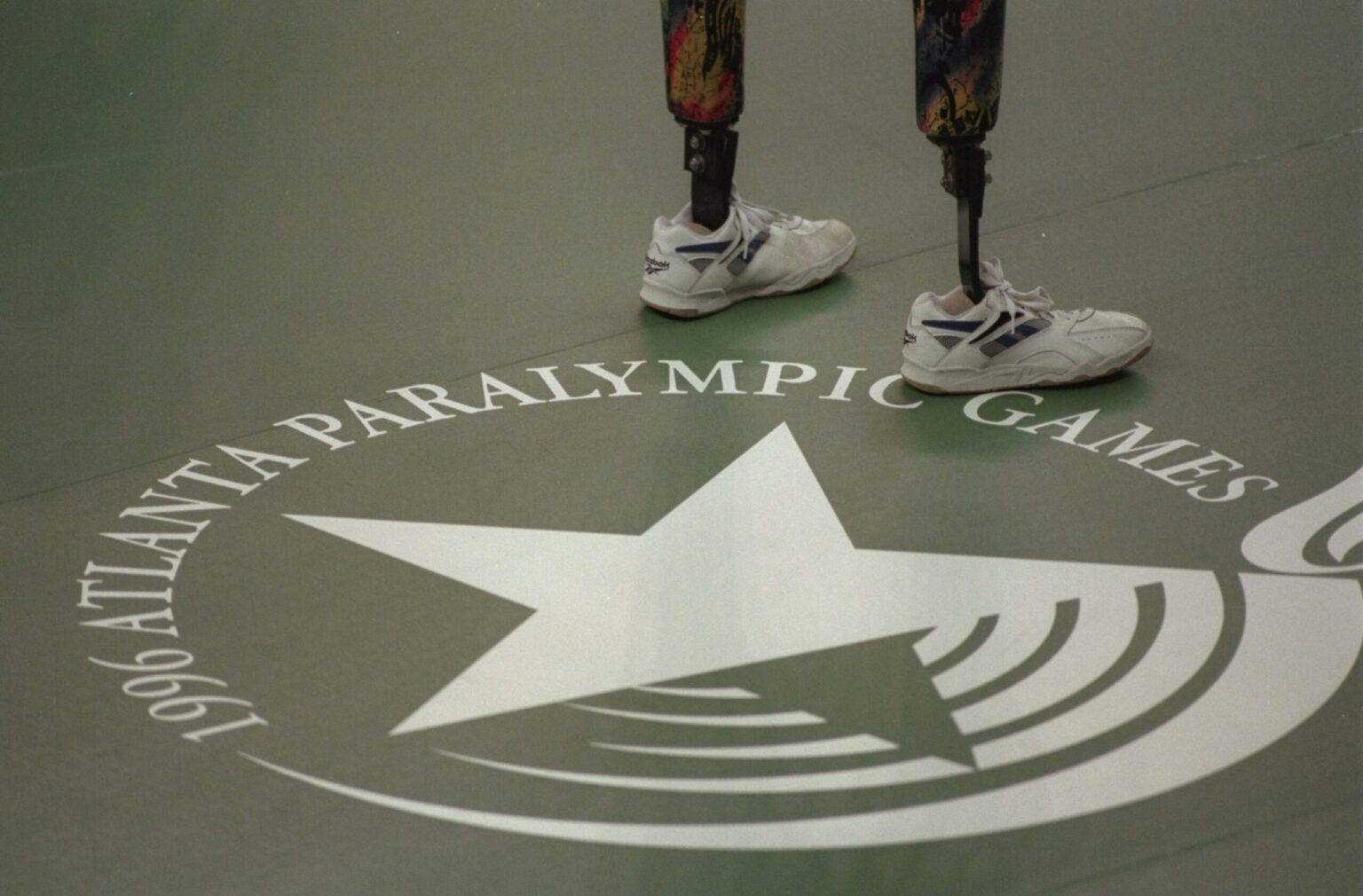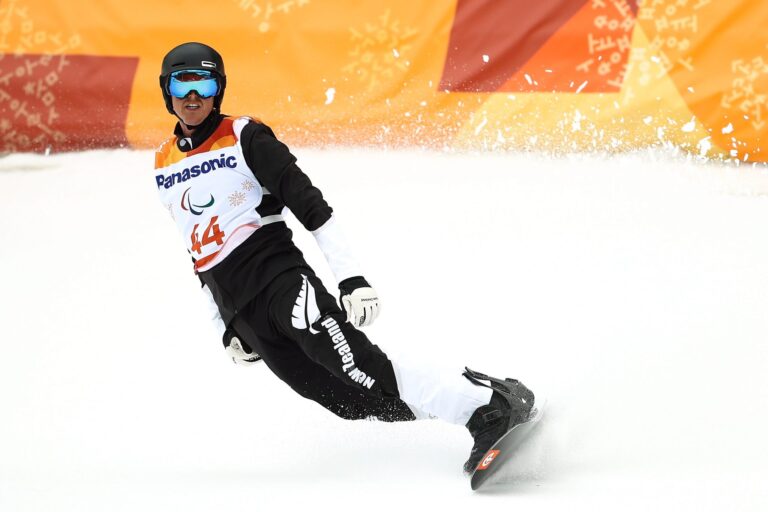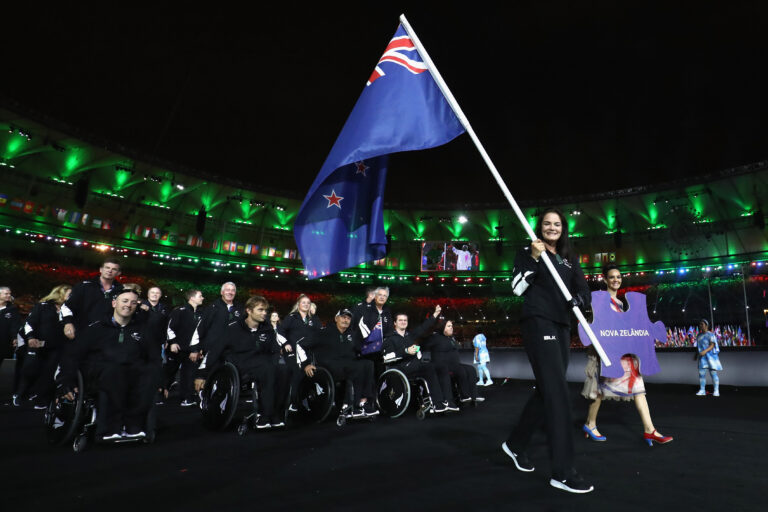The Paralympic Games or Paralympics is the largest international event for disabled athletes and societal change and take place shortly after every Olympic Games in the same host city.
The Paralympic Games are held every two years – alternating between the summer and winter Paralympic Games.
The Paralympics has grown from a small gathering of British World War II veterans in 1948 to become one of the largest international sporting events by the early 21st century. You can read more about the History of the Paralympic Games in our recent post. The first Paralympic Games was held in 1960 in Rome, New Zealand first competed in Tel Aviv 1968.
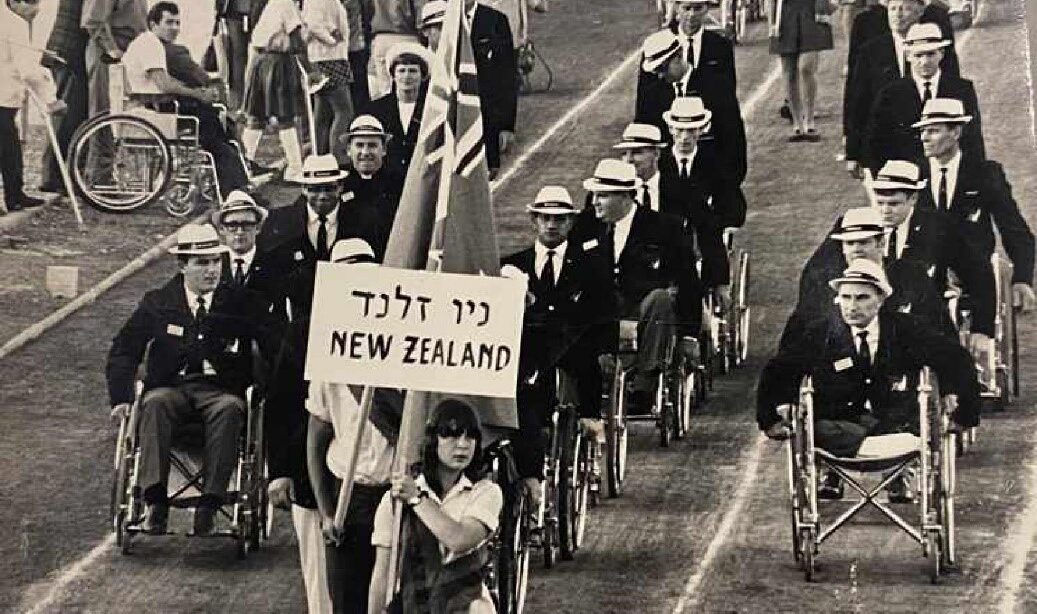
The Paralympic Games and Olympic Games
In 2001, the International Paralympic Committee (IPC) and the International Olympic Committee (IOC) signed an agreement which guaranteed that host cities would be contracted to manage both the Olympic and Paralympic Games.
This agreement has helped in raising the profile of the Paralympic Games.
Chairman of the London 2012 Organising Committee, Sebastian Coe, said about the 2012 summer Olympics and Paralympics in London, England, that, “We want to change public attitudes towards disability, celebrate the excellence of Paralympic sport and to enshrine from the very outset that the two Games are an integrated whole.”
Following the conclusion of the highly successful Olympic and Paralympic Games in London, Coe went on to say, “The UK would never think of sport the same way and we will never think of disability the same way. The Paralympians have lifted the cloud of limitation.“
Whilst the Paralympic Games do not yet enjoy the same level of media coverage as the Olympic Games, there has been a shift in the way some countries around the world are now approaching Para athletes and the funding being made available.
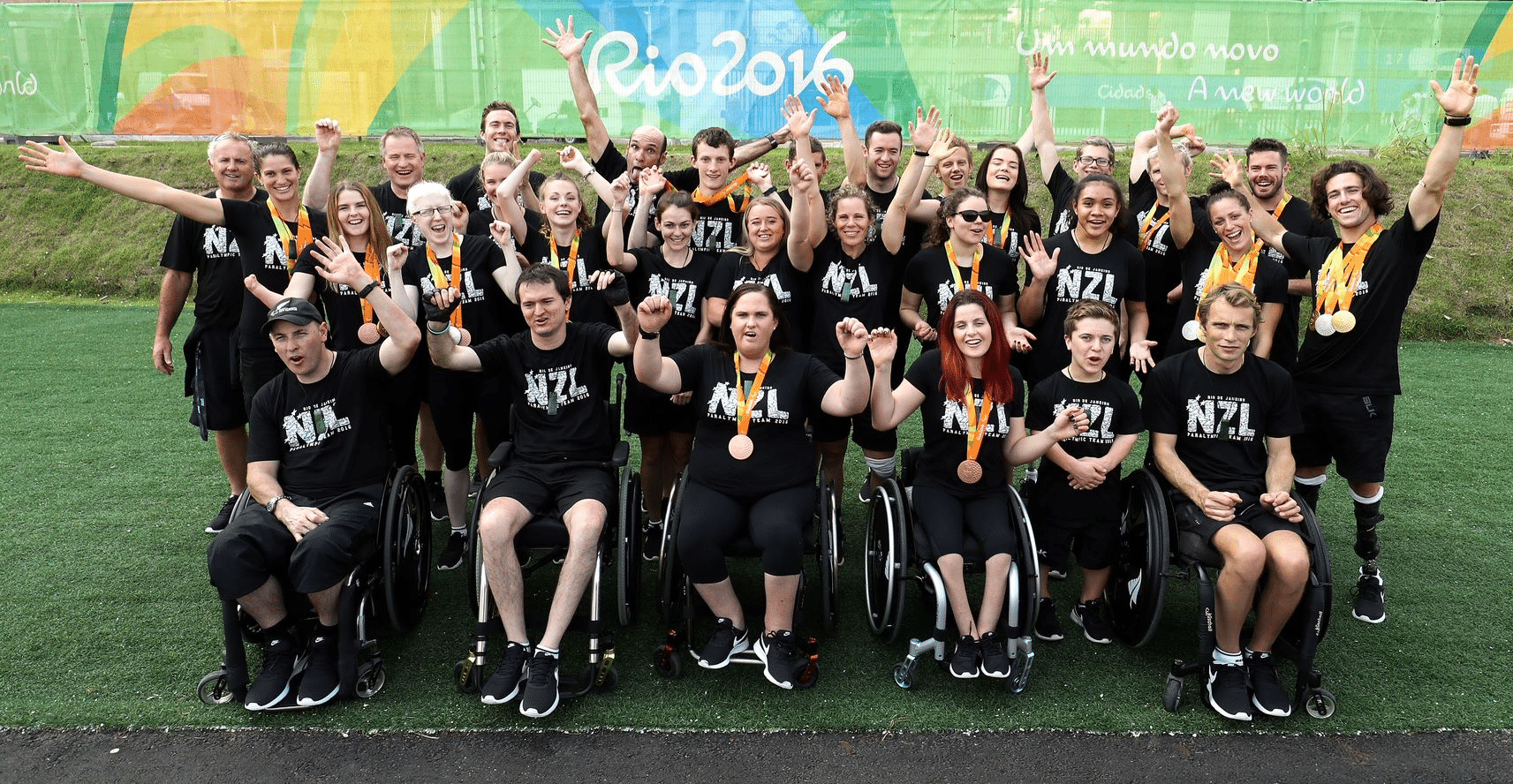
At the 2020 Tokyo Paralympic Games, China won 207 medals total, while Great Britain, US, Ukraine, and Australia earned 124, 104, 98 and 80 respectively. Most of these countries had more Paralympic medals than Olympic ones. It is great to see some countries starting to invest the same levels of resources into Para athletes and recognising these great champions in the same way as we applaud our Olympians.
29 Kiwi Paralympians competed at the Tokyo 2020 Paralympic Games, winning 12 medals including 6 gold, 3 silver and 3 bronze. TVNZ and Attitude Pictures brought live and free-to-air coverage of the Tokyo 2020 Paralympic Games to more than 2 million New Zealand viewers.
Paralympic Sports
There are currently 28 Paralympic sports contested at the Paralympic Games: 22 summer and 6 winter.
The two newest sports to be given Paralympic status are badminton and taekwondo, which made their debut at the Tokyo 2020 Games (held in 2021).
The 22 summer Paralympic sports include:
- Para archery
- Para athletics
- Para badminton
- Boccia
- Para canoe
- Para cycling
- Para equestrian
- Football 5-a-side
- Goalball
- Para judo
- Para powerlifting
- Para rowing
- Shooting Para sport
- Sitting volleyball
- Para swimming
- Para table tennis
- Para taekwondo
- Para triathlon
- Wheelchair basketball
- Wheelchair fencing
- Wheelchair rugby
- Wheelchair tennis
The 6 winter Paralympic sports include:
- Para alpine skiing
- Para biathlon
- Para cross-country skiing
- Para ice hockey
- Para snowboard
- Wheelchair curling
Paralympic Classification
As explained on the IPC website, “Challenging the interests of Para sport is the threat of one-sided and predictable competition, in which the least impaired athlete always wins. To prevent this, Para athletes are placed in categories for competition based on their impairment, these are called sport classes.“
The IPC classification system is extremely robust and needs to cater for a wide range of Para athletes and their disabilities. How one athlete’s impairment impacts on their ability to perform in one sport can be different from another Para athlete so it’s important to have a classification system that is sport specific.
Find out more about the details of Para athlete classification.
The future of the Paralympic Games
Since the agreement to host the Paralympic Games and Olympic Games in the same city, the Paralympic Games have enjoyed greater coverage in the media thanks to the ability to co-promote both events.
The Seoul 1988 Paralympics in Korea was a milestone for the Paralympic Movement. It was in Seoul that the Paralympic summer Games were held directly after the 1988 summer Olympics, in the same host city, and using the same facilities.
This set a precedent that was followed in 1992, 1996 and 2000. It was eventually formalised in an agreement between the IPC and the IOC. On 10 March 2018, the two committees further extended their agreement to 2032.
The future of the Paralympic Games looks very bright and with the Paris 2024 Games now just under six months away, the countdown can begin once again.
Cover photo: Credit Getty Images
First published: 18 August 1980
Last updated: 15 March 2024

